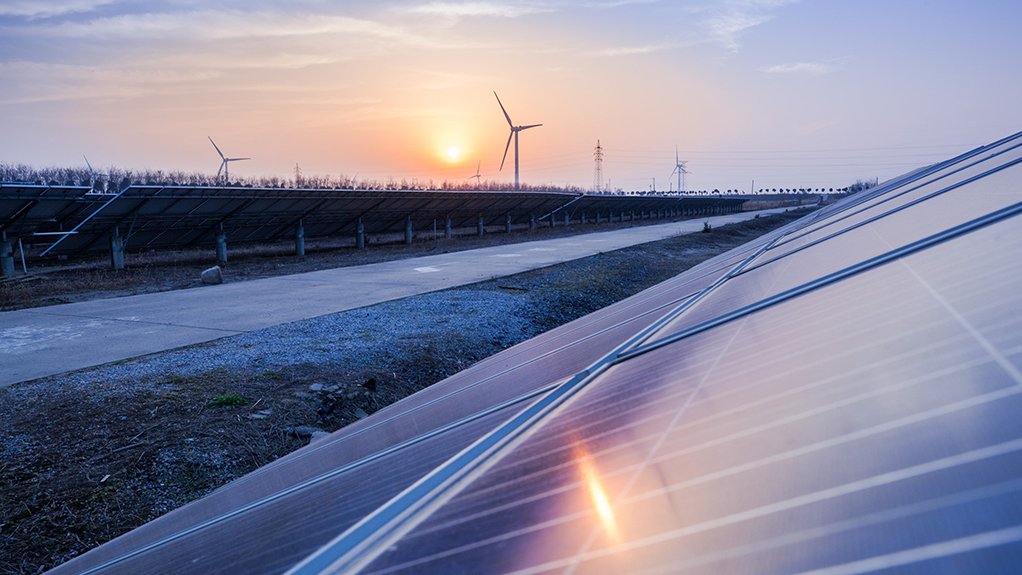The World Bank raised its economic-growth forecast for South Africa because of a sustained recovery in its energy and logistics sectors, while warning that the nation will struggle to achieve a pace of expansion needed to reduce poverty and unemployment.
The Washington-based lender boosted its gross domestic product growth projection for 2025 to 1.8%, from 1.3% previously, according to its South Africa Economic Update report published on Tuesday. The bank expects growth to accelerate to 2% by 2027.
“Such recovery, albeit modest, will be driven by improved infrastructure services and a relatively favourable external environment,” it said. “During this period, inflation is expected to remain under control, allowing a further easing of monetary policy that will encourage banks’ credits to businesses and households and, thus, stimulate economic growth.”
South Africa’s central bank has lowered its key interest rate by a cautious 75 basis points since September to 7.5% as inflation remains below the 4.5% midpoint of its target range. Still, growth at those rates won’t be enough to reduce one of the highest poverty and unemployment rates in the world, the bank said.
“A 1% increase in GDP growth is expected to generate only 30 000 to 50 000 jobs due to the low employment elasticity to GDP growth in South Africa,” it said. “The poverty and unemployment rates are therefore projected to remain high, above 60% and 30%, respectively, throughout the projection period.”
An expansion rate of 5% to 6% a year that’s needed to make a dent in those numbers would be difficult to achieve in the short term, the bank said. That’s because of “the structural constraints that continue to impede the development of the private sector and the need for fiscal consolidation.” it said.
South Africa, where interest payments consume one-fifth of government revenue, will need to reduce the fiscal deficit to 4.6% of GDP from 6% by 2027 to achieve a sustainable public debt trajectory, the lender said. That won’t be easy because of the plethora of risks the country faces, including a global trade war, a fragile political coalition, high crime and insecurity, and persistent social tensions, it said.
The nation’s fiscal consolidation process may also face opposition from labour unions requesting higher wages and state owned-companies such as Transnet and subnational governments needing bailouts.
Finance Minister Enoch Godongwana will deliver his annual budget speech on February 19.
EMAIL THIS ARTICLE SAVE THIS ARTICLE FEEDBACK
To subscribe email subscriptions@creamermedia.co.za or click here
To advertise email advertising@creamermedia.co.za or click here











